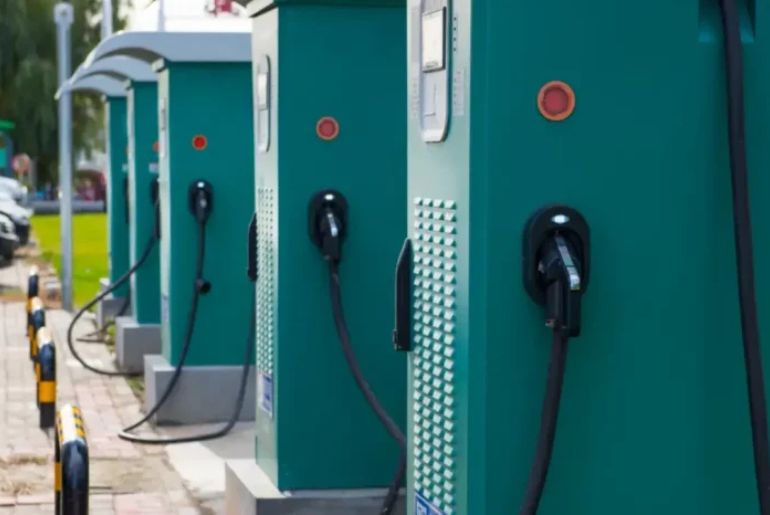The Government of Karnataka has announced plans to set up 1,500 high-capacity electric vehicle (EV) charging stations across the state under the PM E-Drive scheme, a national initiative aimed at accelerating India’s electric mobility infrastructure. The move is expected to make Karnataka one of the leading states in EV adoption and clean energy transition.
According to officials, the proposal will soon be submitted to the Ministry of Heavy Industries (MHI) for approval. Each station will feature fast-charging units ranging from 60 kW to 240 kW, capable of powering a variety of EVs—from two-wheelers to electric buses and trucks. The project will focus on strategic locations such as bus depots, national and state highways, logistics parks, and key freight corridors to ensure seamless intercity connectivity for EV users.
Under the PM E-Drive scheme, the central government is offering generous subsidies to promote large-scale infrastructure deployment. Up to 100% subsidy will be provided for essential power infrastructure like transformers, conductors, and transmission lines, while a 70% subsidy will be available for other charging equipment.
Karnataka’s existing EV ecosystem is already among the strongest in India, with more than 6,000 public charging stations operational statewide. The Bangalore Electricity Supply Company (BESCOM) has been actively upgrading its slow-charging units to fast chargers—184 out of 209 slow chargers have already been modernised.
To further expand access, the state has partnered with leading oil marketing companies such as Indian Oil Corporation (IOCL), Hindustan Petroleum (HPCL), and Bharat Petroleum (BPCL) to install around 400 charging points at fuel stations across Karnataka. This collaboration is aimed at integrating EV infrastructure with existing energy networks for better convenience and faster rollout.
Experts note that the initiative marks a major step toward electrifying heavy-duty transport—a segment that has so far lagged behind passenger EVs. High-capacity chargers capable of delivering up to 240 kW will enable fast recharging within 30–45 minutes, significantly improving operational efficiency for electric buses, trucks, and fleet vehicles.
The Karnataka Energy Department and BESCOM are expected to oversee project execution, ensuring uniform standards, reliable uptime, and digital payment integration at all new charging stations.
This initiative strengthens Karnataka’s leadership in India’s EV ecosystem, following its early adoption of EV policies and investment-friendly environment for clean technology companies. Once implemented, the project will not only enhance EV user confidence but also support the state’s goal of achieving net-zero emissions in urban mobility over the next decade.

